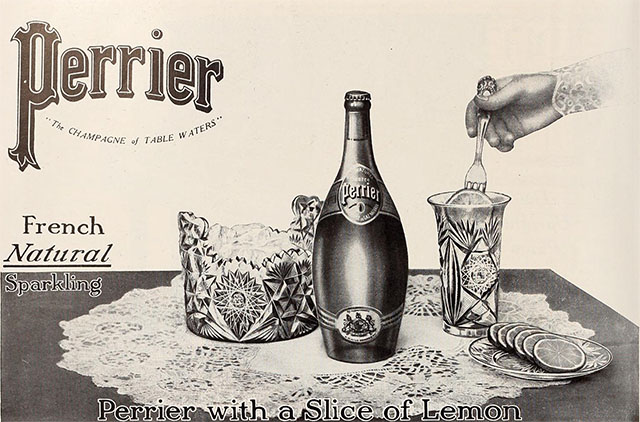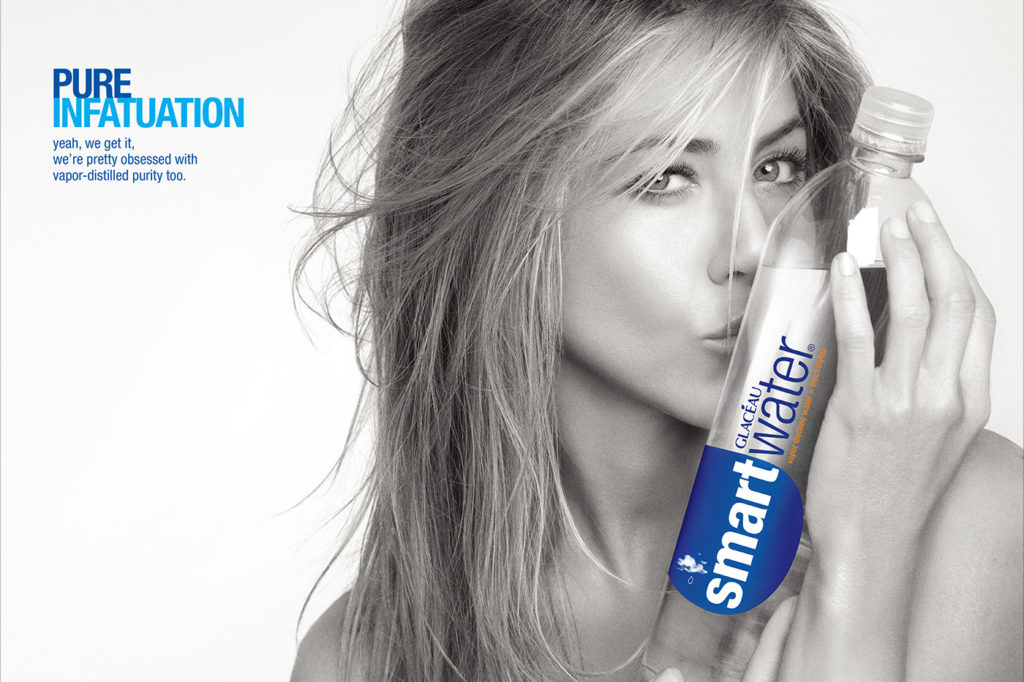Legend has it that in the 16th century, Spanish explorer Juan Ponce de Léon traveled to what is now Florida in search of the mythical fountain of youth – a spring that could restore youth to anyone that touched its waters. Almost 500 years later, it seems humans are still mesmerized by the idea that water can prolong life. This time, however, perceived immortality comes from a much less romantic source – a plastic bottle.
New research from the University of Waterloo finds that fear of dying motivates people to buy bottled water, even though they know it’s not good for the planet. The study was published in the Journal of Applied Environmental Education & Communication.
Campaigns against the use of single serving plastic bottles abound along with jaw-dropping photos of mountains of plastic and scary statistics citing that by 2050, the ocean will contain more plastic than fish. In many workplaces and University campuses, bottled water has been outright banned. Yet a million plastic bottles are bought around the world every minute and that number is set to jump another 20% by 2021. Bottled water sales in Canada topped 2.4 billion litres in 2013 and are expected to reach three billion litres this year.
“So many Canadians drink bottled water, even though we have great water sources and a supply right to our homes,” says Stephanie Cote, former Masters student in Professor Sarah Wolfe’s group in the Faculty of Environment and lead author of the study.
To figure out why, Cote analyzed Canadian corporate, pro-bottled water advertising and public, anti-bottled water campaigns to try and gain insight into what environmental communications can do better.
It turns out that environmental campaigns are usually focussed on providing information. Telling you that five million tons of plastic is clogging our oceans means you’ll stop buying bottled water, right? Wrong. In fact, according to social psychology’s Terror Management Theory – the argument that people’s behaviours are motivated by fear of death – it may actually have the opposite effect.
As people actively protect their worldviews and their sense of personal value to repress their death anxiety, reminders of all the negative environmental effects of bottled water will likely only lead to denial, blame displacement, and paradoxically, greater consumption to maintain our lifestyle.
“We try to achieve immortality,” explains Cote. “We want to be remembered and be part of things that are bigger than our individual selves, whether that’s by being good parents and leaving a legacy for children or by achieving wealth and status.”
That’s why advertising campaigns that target our needs, desires, feelings, or cultural identity are often more successful.
“Bottled water campaigns do this very well,” says Cote, who is now a Water Conservation Programs Coordinator for the City of Guelph.
Perrier, for example, has associated themselves with high social status (the “champagne” of table waters), while SmartWater uses the image of an ever-young looking Jennifer Aniston to appeal to our desire for youth and celebrity. One of Cote’s favourite ads portrays everyone who drinks Evian water as (very creepy) babies with the slogan “live young”.
“When you purchase a bottle of water, it’s more than just a bottle of water. It’s also all the qualities that are associated with the water in the ad. And when you drink it you’re embodying those qualities.”
There are even bottled water ads that target environmentalists, proclaiming thinner, recyclable bottles that are better for the environment.
Targeting a broader audience is just one of Cote’s suggestions for increasing tap water usage. She also suggests making tap water campaigns more positive with robust and diverse messaging to connect with the community.
“Tap water promoters can learn from bottled water companies; they’ve figured out how to reach people.”
With a few strategic moves, maybe the next fountain of youth can be the kitchen sink.










































